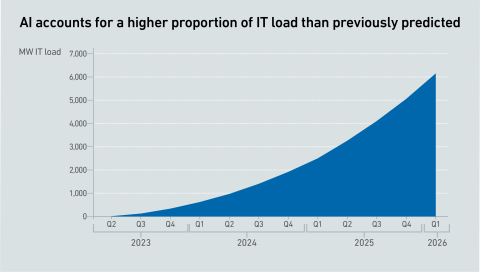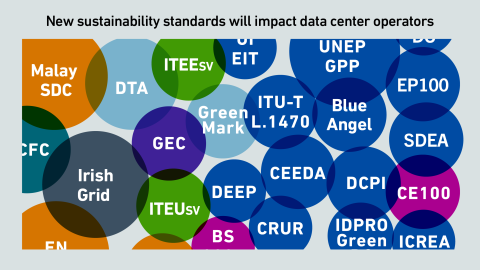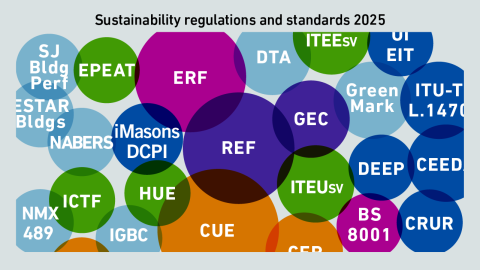The EU is stepping up efforts to implement the Energy Efficiency Directive for data centers by announcing a related energy efficiency package, due to be released in Q1 2026.
filters
Explore All Topics
As Malaysia’s data center market booms, the government has initiated regulations and standards to manage and direct energy use, efficiency and sustainability — building on emerging global policy trends.
Underground hot rocks are emerging as a source of firm, low-carbon power for data centers, with new techniques expanding viable locations. Compared with nuclear, geothermal may be better positioned to support planned data center growth.
The EU Commission has used a non-representative dataset to propose minimum performance standards (MPS) for PUE, WUE and REF, effective in 2030. The mandate risks the rebuilding of 30% to 40% of data center space in four years.
Uptime experts discuss and answer questions on grid demands and sustainability strategies while debating how to meet decarbonization goals.
Although the data center industry is mostly aware of the EU’s Energy Efficiency Directive, Uptime Intelligence’s research suggests widespread confusion on specific components of the directive — and its implementation status.
A report by Uptime's Sustainability and Energy Research Director Jay Dietrich merits close attention; it outlines a way to calculate data center IT work relative to energy consumption. The work is supported by Uptime Institute and The Green Grid.
The European Commission has proposed a data center rating scheme/label that is broadly scoped and highly detailed. The label needs to focus on a few key indicators including three meaningful IT infrastructure metrics.
Join Uptime experts as they discuss and answer questions on grid demands and sustainability strategies while debating how to meet decarbonization goals. This is a member and subscriber-only event.
Today, GPU designers pursue outright performance over power efficiency. This is a challenge for inference workloads that prize efficient token generation. GPU power management features can help, but require more attention.
The 15th edition of the Uptime Institute Global Data Center Survey highlights the experiences and strategies of data center owners and operators in the areas of resiliency, sustainability, efficiency, staffing, cloud and AI. The attached data files…
The past year warrants a revision of generative AI power estimates, as GPU shipments have skyrocketed, despite some offsetting factors. However, uncertainty remains high, with no clarity on the viability of these spending levels.
The trend towards regulating and controlling data center energy use, efficiency and sustainability continues to grow globally, with the appearance of utility rate management regulations and the propagation policies influenced by the EU’s EED.
This briefing report identifies and describes several de facto standards and laws used in the field of data center sustainability and efficiency (for convenience, we use the term “standards” for all).
Uptime Institute believes that data center operators should optimize facility-level sustainability performance before addressing ecosystem issues. A clear definition of data center sustainability is needed to enable this approach.
 Tomas Rahkonen
Tomas Rahkonen
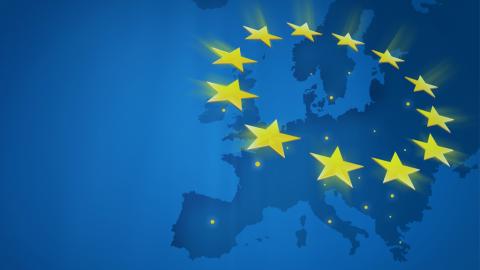
 Jay Dietrich
Jay Dietrich
 Seb Shehadi
Seb Shehadi

 Peter Judge
Peter Judge
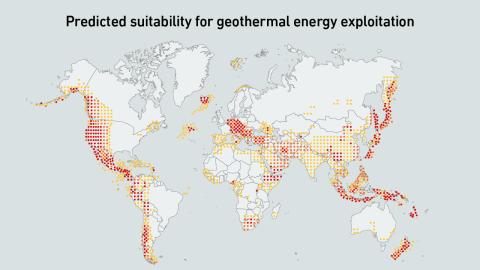
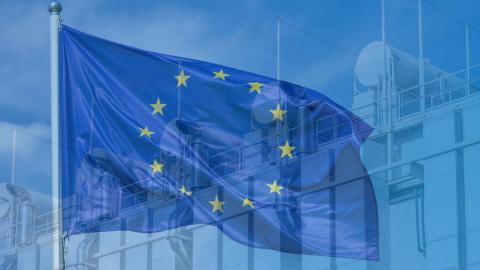
 Max Smolaks
Max Smolaks
 Jay Paidipati
Jay Paidipati
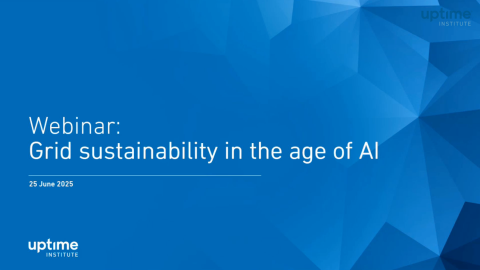
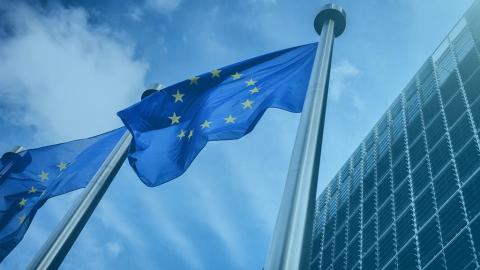
 Andy Lawrence
Andy Lawrence
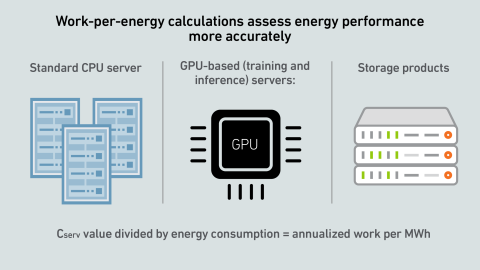
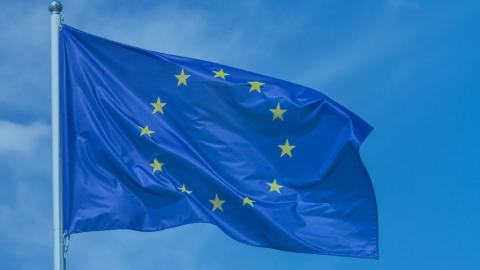


 Paul Carton
Paul Carton
 Anthony Sbarra
Anthony Sbarra
 Laurie Williams
Laurie Williams
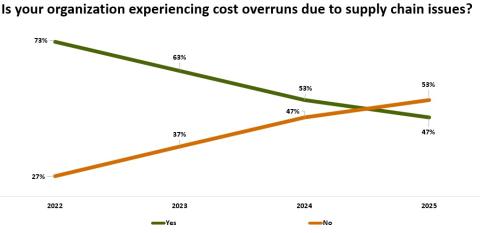
 Daniel Bizo
Daniel Bizo
